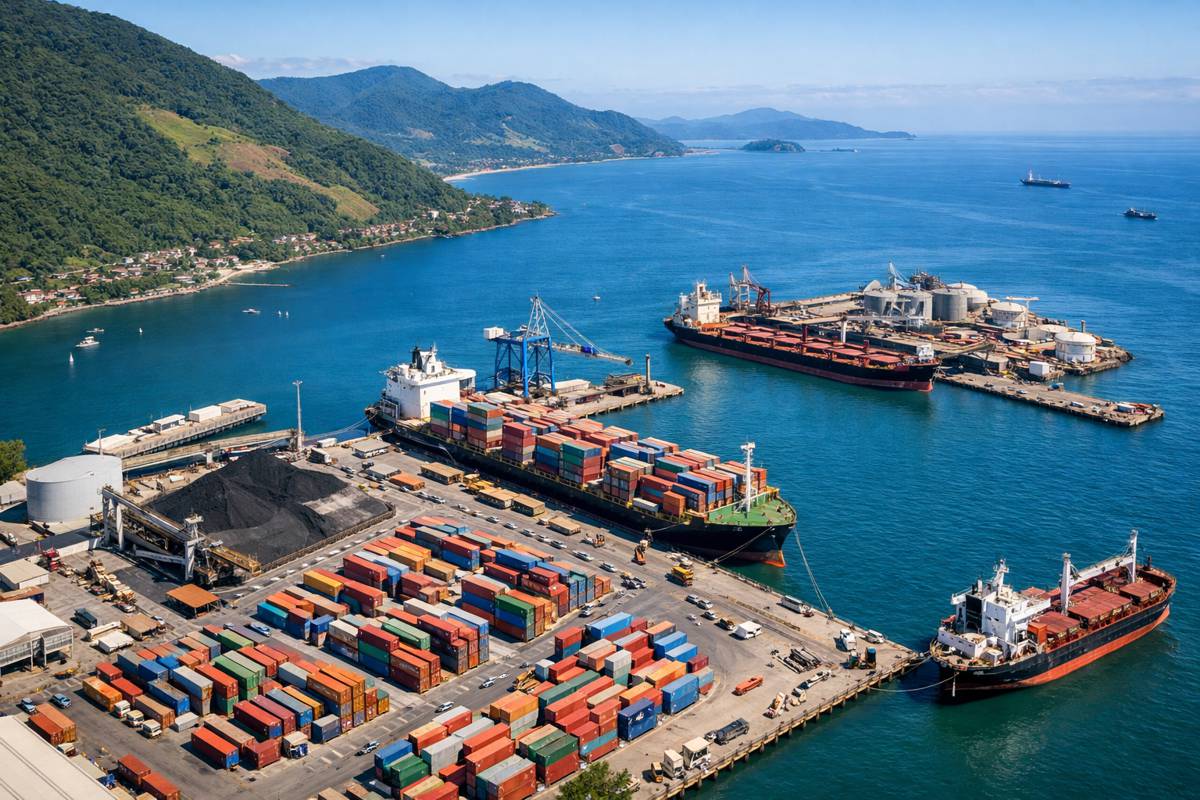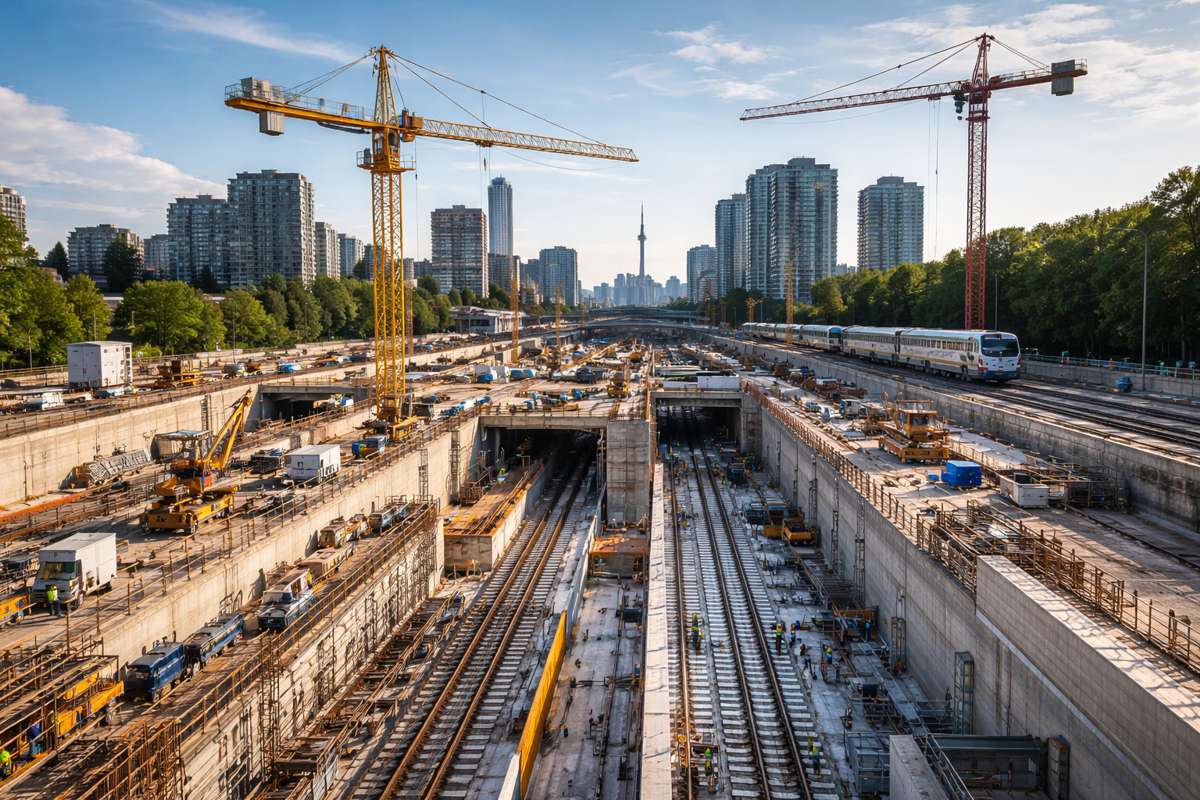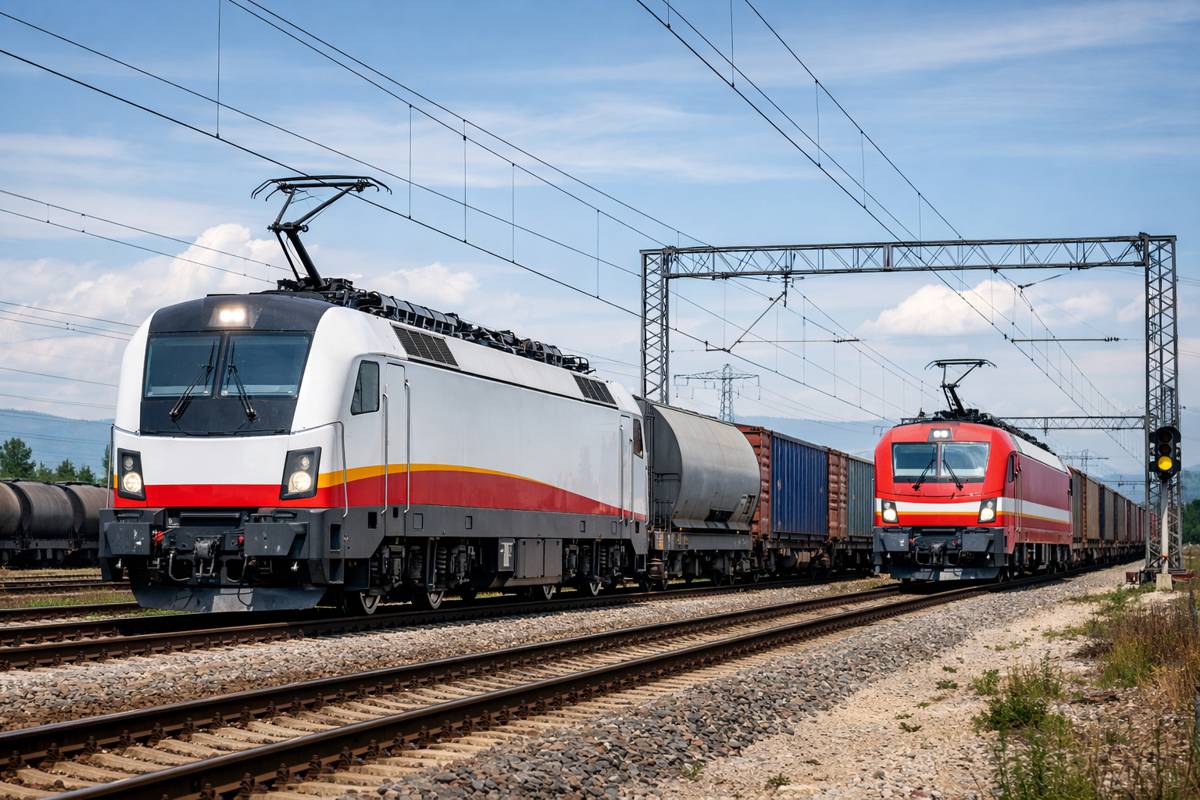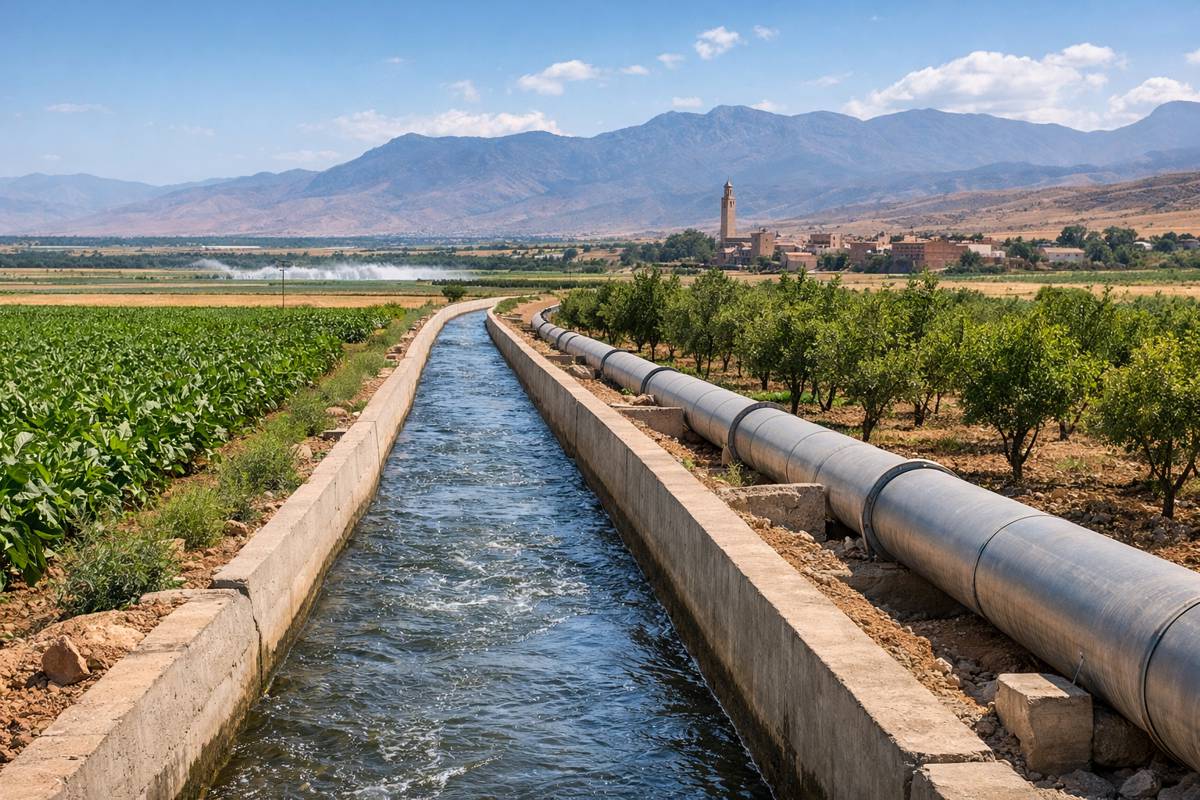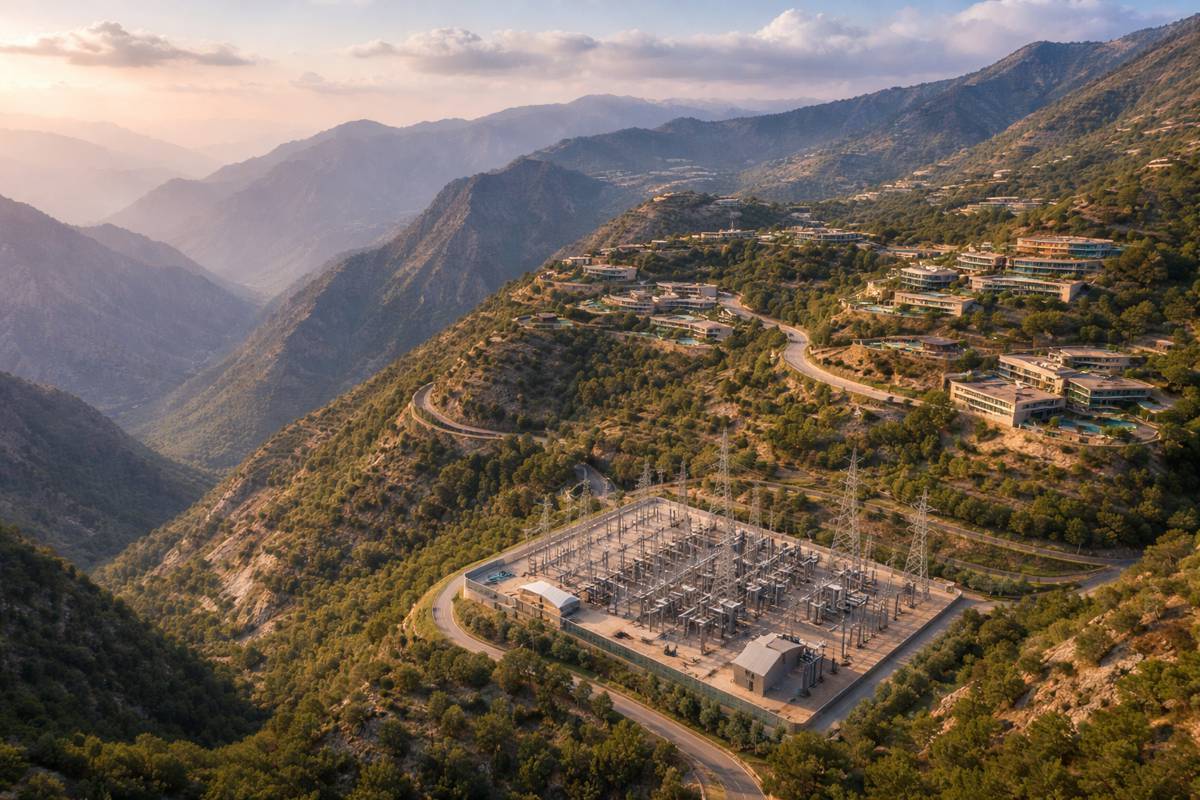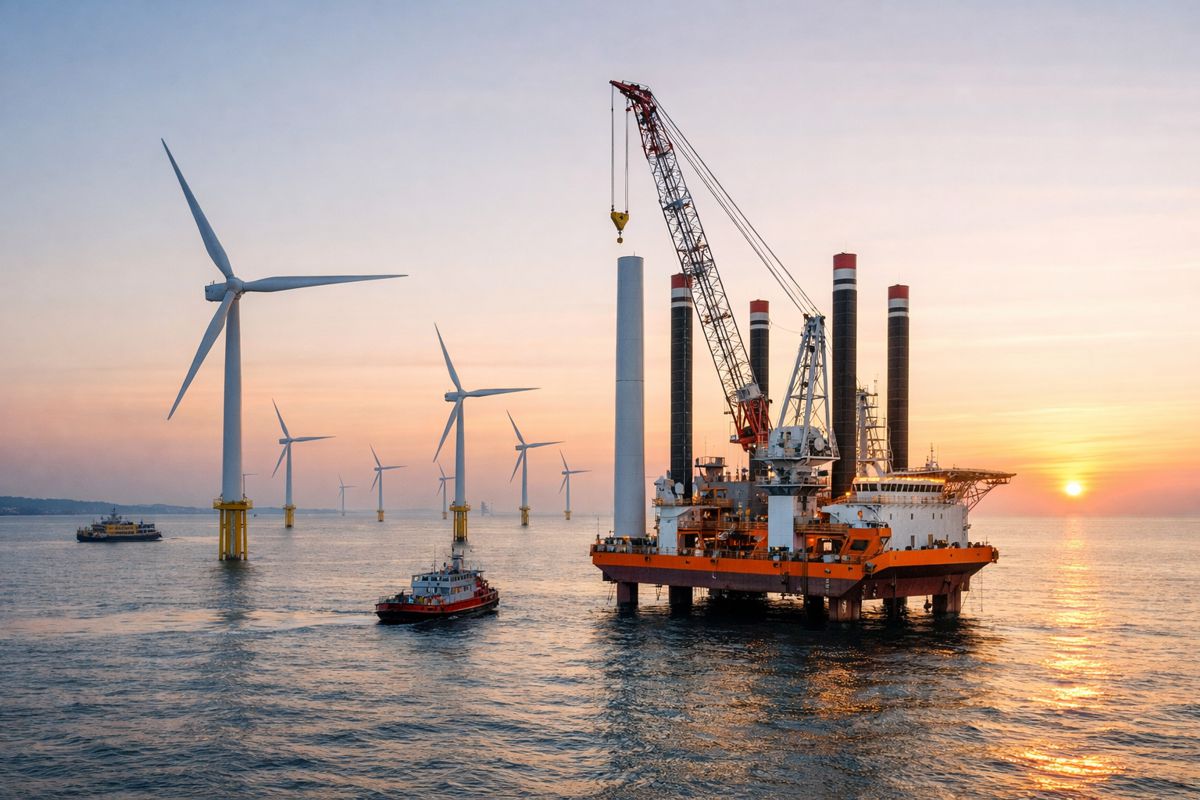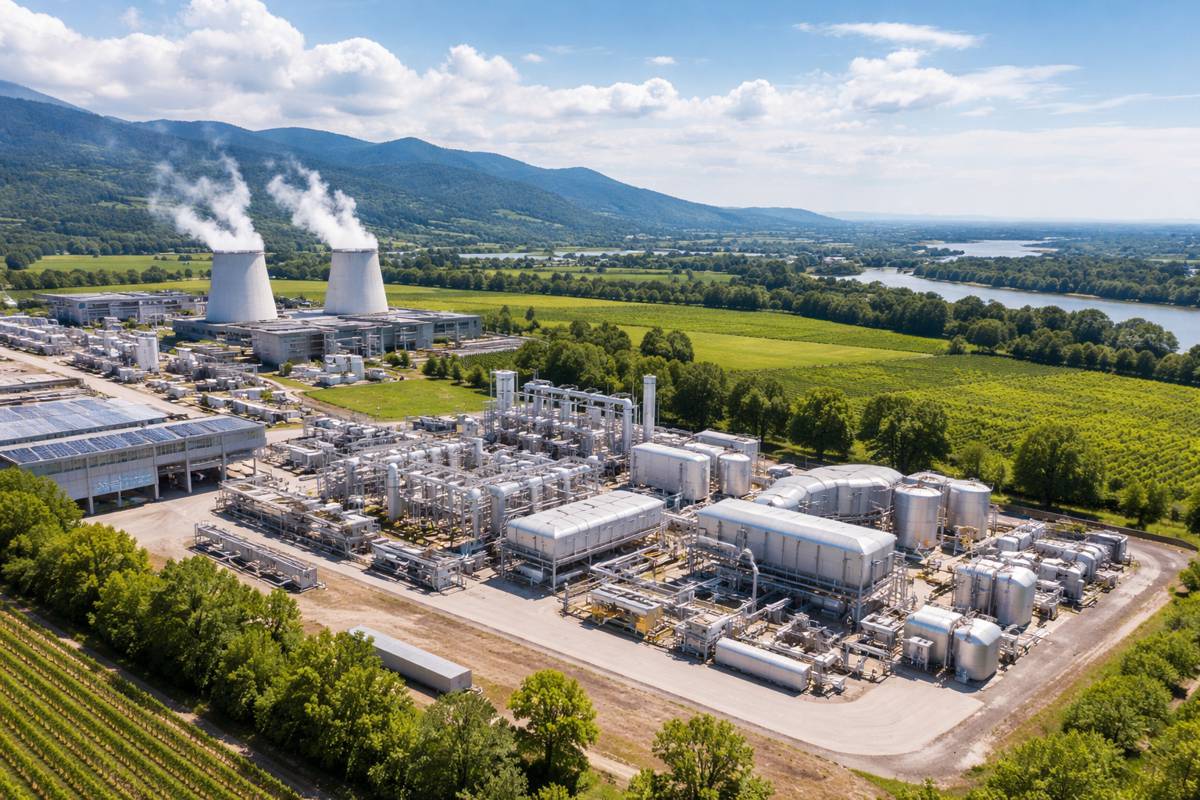Metro de Madrid to upgrade and improve its network with EIB financing
The Madrid metro is set to offer improved levels of efficiency, safety and comfort. The European Investment Bank (EIB) has provided €85m – the initial tranche of a €200m loan to cover 50% of Metro de Madrid’s investments until 2019 to upgrade and modernise its infrastructure. The aim of the project, which is supported by the Investment Plan for Europe (known as the Juncker Plan), is to improve the quality of the service offered by the Madrid metro. EIB Vice-President Emma Navarro and Metro de Madrid Chief Executive Francisco Borja Carabante signed the agreement today in Madrid.
Madrid has one of the most extensive metro networks in the world, with 301 stations used by 626.4 million passengers in 2017. The EIB agreement will make it possible to take action in 23 areas including trains, rails, signalling systems, and ticket checking and sales. The goal is to improve the public service and energy efficiency of the metro.
In concrete terms, the EIB Juncker Plan financing will provide the funds needed to carry out station accessibility improvement work and increase line capacity, upgrading safety equipment in electrical substations. Passengers will also benefit from other investments such as modernised escalators, renovated ventilation systems in trains and tunnels, and upgraded ticket machines. Network safety will also be improved thanks to the installation of new video surveillance and fire protection systems.
On signing the agreement, EIB Vice-President Emma Navarro said: “This agreement enables the EIB to provide financing to modernise the Madrid metro, thereby helping to raise the quality of this service by expanding its capacity, cutting waiting times and improving safety. We are also delighted to finance this project as it gives us the opportunity to support climate action and sustainable public transport for the people of Madrid.”
European Commissioner for Regional Policy Corina Creţu – in charge of urban policy in the EU – said: “Everybody agrees that a fast and modern metro network is vital for maintaining a good quality of life in a city. Wherever the metro goes, it creates new opportunities for local businesses, services and tourism. Of course it also helps reduce urban traffic congestion and ensure city air is cleaner. This leads me to congratulate Madrid on using the Juncker Plan to finance such an important urban project.”
According to Metro de Madrid Chief Executive Francisco Borja Carabante, “Metro de Madrid seeks financing from several EU bodies to implement its investment plans, which aim to continuously improve service quality and mobility for the people of Madrid. The EIB is always among the EU funding sources that Metro de Madrid uses to help implement its projects, as it finances up to 50% of their cost. EIB loans also come with very favourable terms, and can be made available as and when the various projects are launched.”
As well as improving services, these EIB-financed investments will make it possible to reduce the environmental impact of this mode of transport, which will be more energy efficient thanks to the optimisation of its electrical and ventilation systems.
Climate action and support for public transport
The EIB provides more financing for projects reducing the impact of climate change than any other institution. Last year, 28% of its activity – €19.4bn – was dedicated to this objective. Part of this financing was focused on promoting cleaner modes of transport, specifically on supporting metro networks in various cities across the world (more information available here).
The EIB has worked with Metro de Madrid since 1989 to finance its investments. Over 30 years, the EU bank has provided more the EUR 4bn to extend, maintain and modernise Madrid metro network infrastructure.












